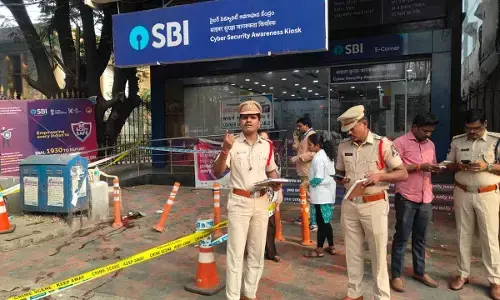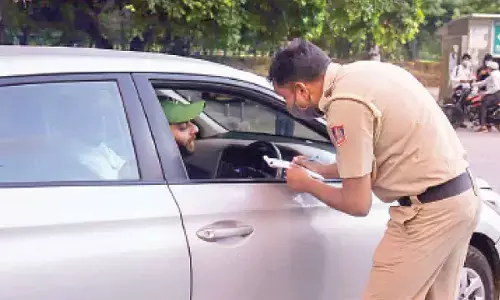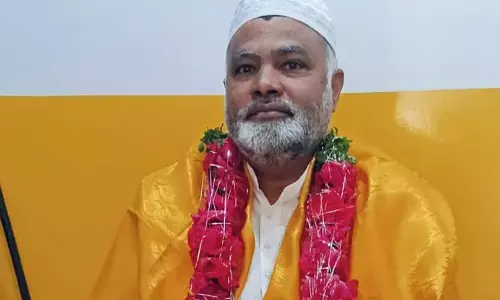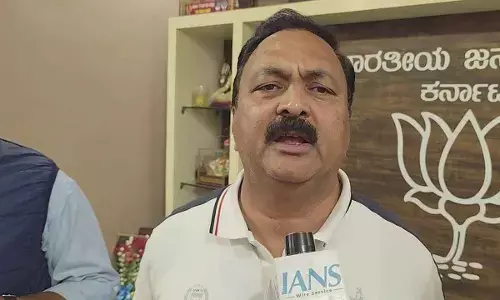Agri-experts deliberate on GM crisis at UoH
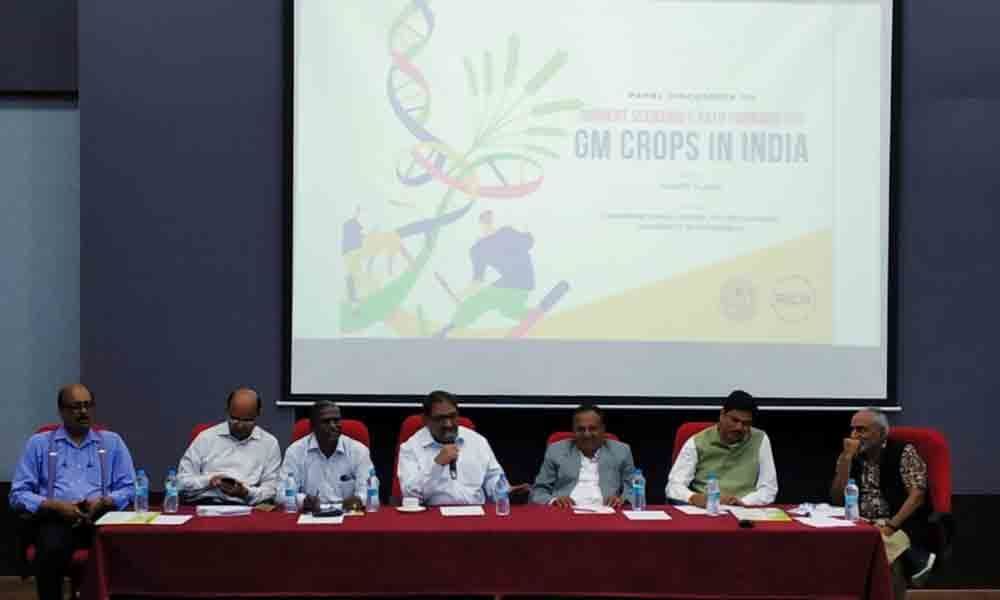
University of Hyderabad supported by Research and Innovation Circle of Hyderabad (RICH) organised a panel discussion today on the topic, ‘Current scenario and path forward for GM crops in India’.
Hyderabad: University of Hyderabad supported by Research and Innovation Circle of Hyderabad (RICH) organised a panel discussion today on the topic, 'Current scenario and path forward for GM crops in India'. The event was attended by Dr Dayanand, Dean of the School of Lifesciences, University of Hyderabad (UoH);Dr S R Rao, Regulatory Expert of Biotechnology; Dr Rakesh K Mishra, Director, Centre for Cellular & Molecular Biology (CCMB) and Ram Kaundinya, Director General, Federation of Seed Industry of India (FSII). Other participants included Vijay Niwal, farmer representative from Shetkari Sanghatana, other farmer organisations, scientists, industry, government officials and other stakeholders.
The deliberations by experts and farmers brought forward the necessity for adopting and advancing modern science and technology in agriculture, like GM crops in India, for bringing the farmers out of the current distress situation. It also emphasised that Government should continuously promote plant biotech research and build capacity for adopting emerging technologies like genome editing, advances in regulatory sciences for safety evaluations and research on environmental, socio-economic and trade impact of illegal planting in India. During the discussion, farmers have expressed their intent and willingness to accept technologies that offer promising and cost-effective solutions to their crop losses. They are of the view that the government needs to consult them proactively rather than making decisions based on inputs from selected groups of civil society. Farmers organisations also expressed that government should fast-track food and environmental safety assessments so as to give timely access to the new technologies for the benefit of farmers income and increasing productivity.
According to Dr S.R. Rao, Regulatory Expert of Biotechnology, "In order to streamline current situation of illegal cultivation by section of farmers for demonstrating their right to access to technology, prevent poor quality and the unauthorized seed of unknown identity, it is desirable that the government reviews the impact of illegal cultivation. Rather than delaying decisions and punitive actions, the government should evaluate food and environmental safety, sustainability and impact on farmers and organized public and private seed sector in the larger interest of the country."
Speaking at the event, Ram Kaundinya, Director General, FSII said, "It is essential for farmers to get access to the latest technologies. Taking resort to illegal planting is only making farmers vulnerable towards buying seeds at a high price and taking advice from individuals without technical knowledge. The combination of these circumstances will only push the farmer towards more uncertainties and crop failure."
India being one of the largest cotton producer countries has still not reached high yield levels when compared globally, in spite of the huge yield gains made in the last 15 years. Long duration hybrids, low harvest index, inadequate use of biotech traits and low ginning out-turn are some of the factors responsible for low productivity in India. With conservative growth forecast for textile industry by 2027-28, there is a requirement of 569 lakh bales. However, looking at current production trends, likely production is estimated at 476 lakh bales. With this trend, it will increase dependence on imports to meet domestic requirement, impact on cotton export will be at the tune of $8bn. This can adversely impact $330Bn opportunity in global markets for the Indian textile industry by 2028. Therefore, the meeting recommended that in case HT-Bt cotton, as a follow up of Field Inspection and Scientific Evaluation Committee (FISEC) report of May 2018 submitted to PMO, MOEF&CC may convene immediately all the concerned stakeholders including concerned departments of Ministry Of Agriculture And Farmer Welfare, Government of India and State Governments, applicant of technology, and seed associations and civil society for arriving at an appropriate solution.








